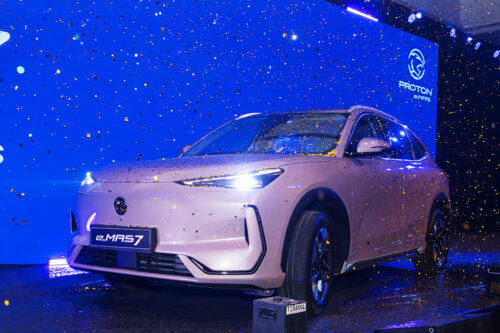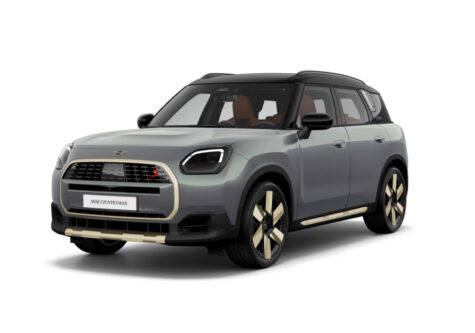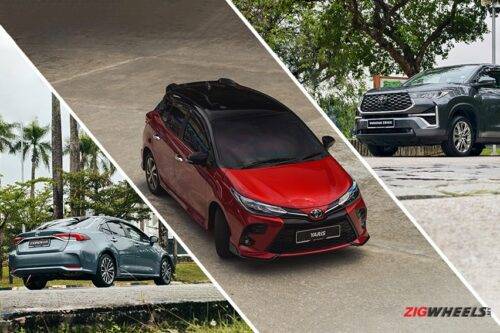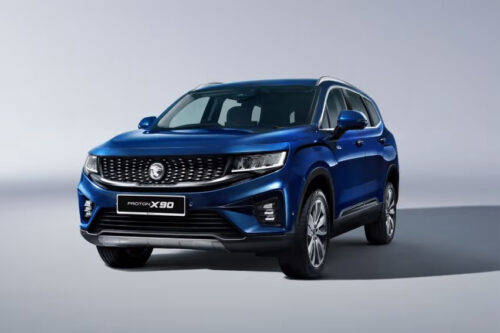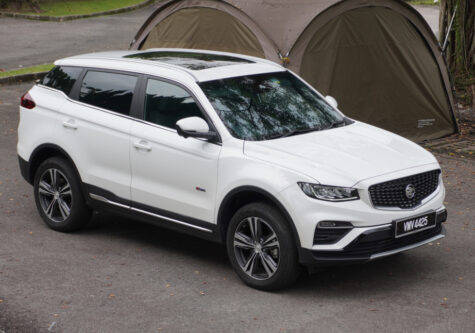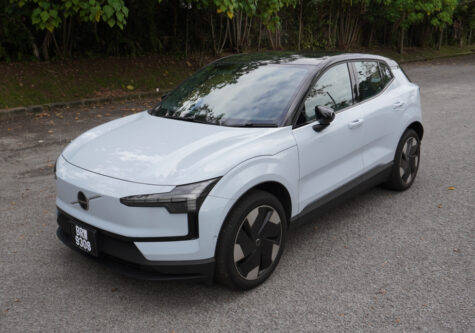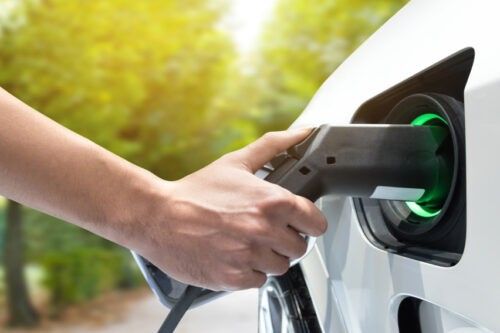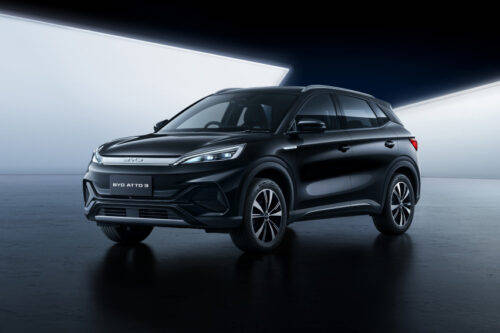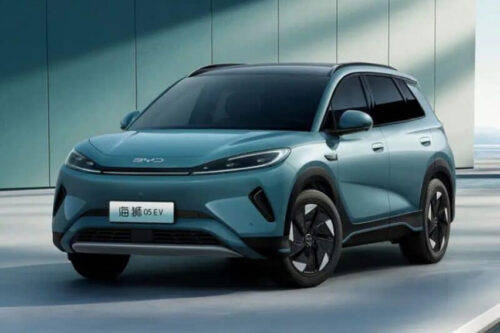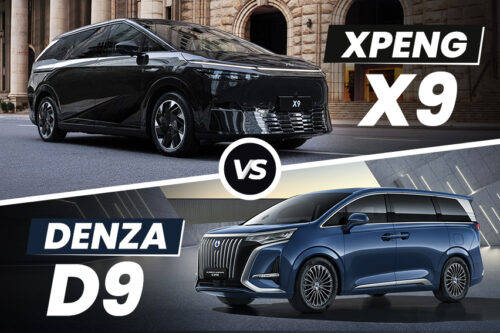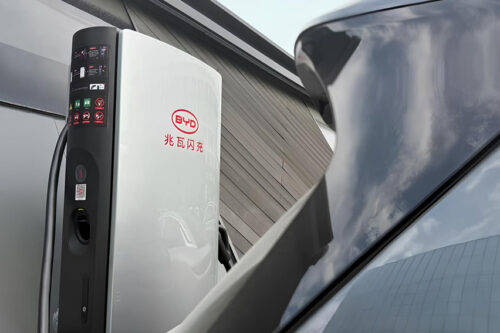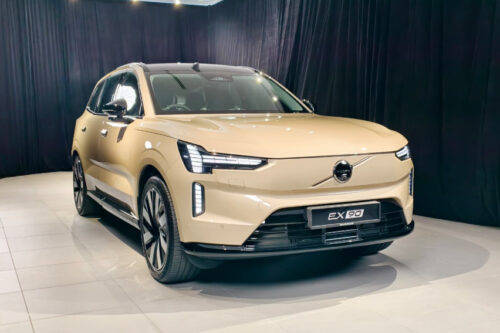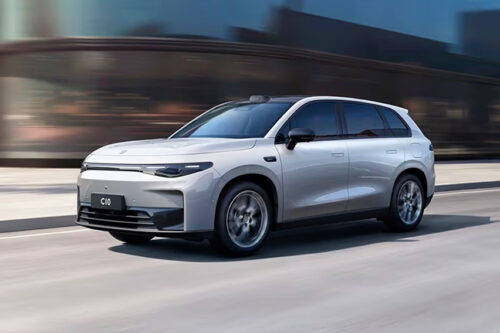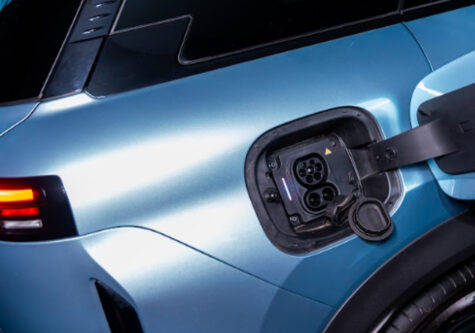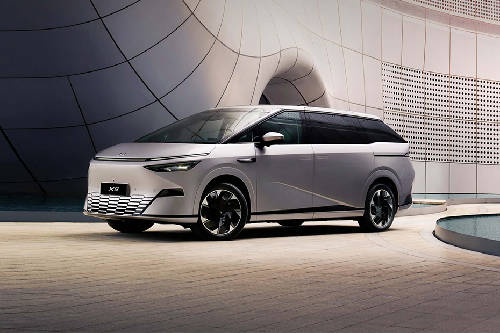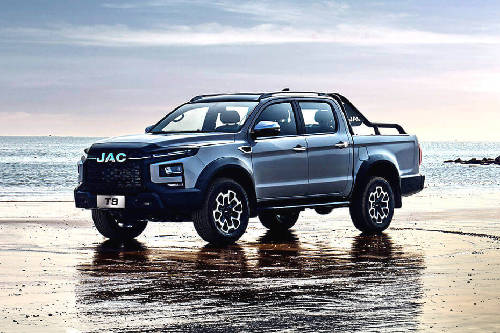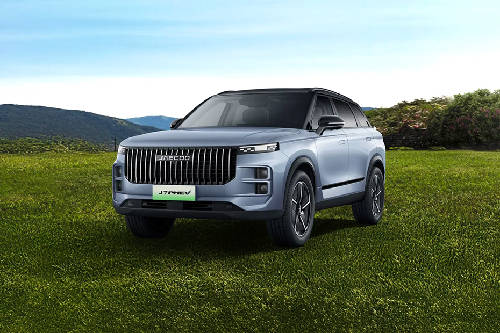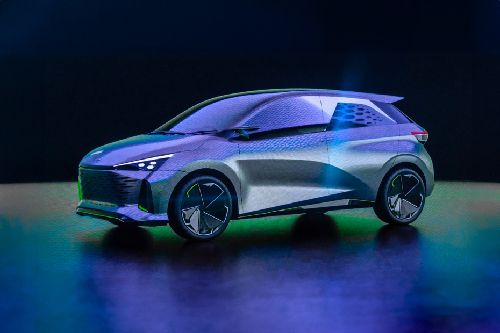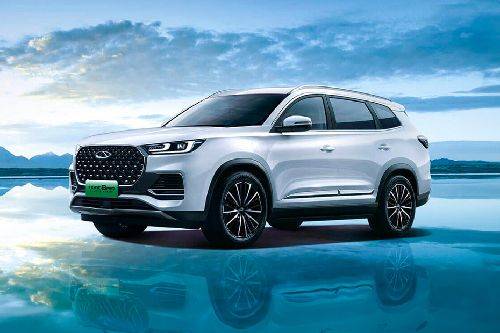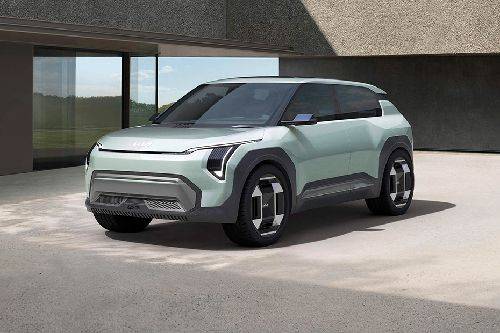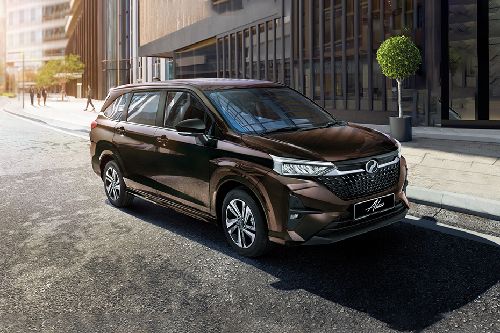How safe are electric vehicles?
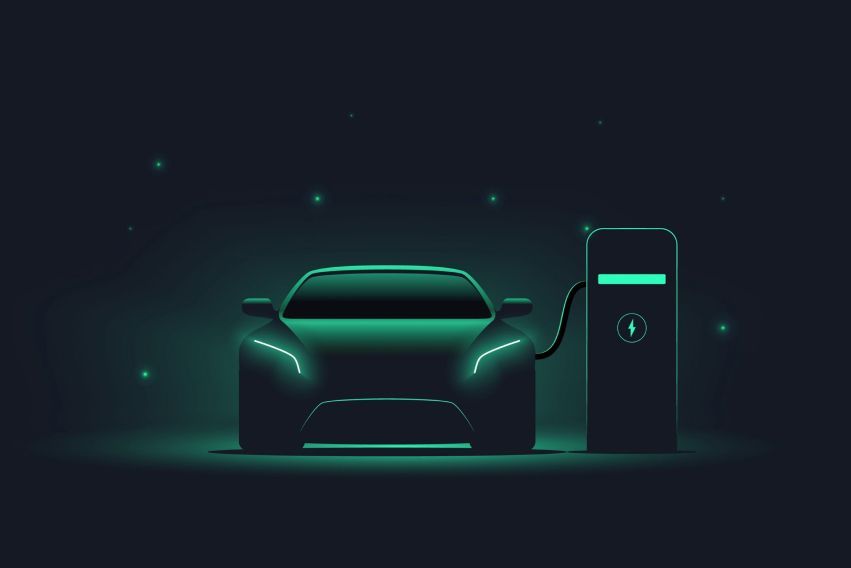
- Are electric cars safe in a crash?
- Can electric cars catch fire while charging?
- Can unauthorized persons interrupt the charging process?
- Are electric vehicles safe in rain?
- Can electric cars explode in flood?
- What happens when lightning strikes an electric car?
- Does high temperature affect electric cars?
- What safety features are available in electric cars?
- Summing up
Undoubtedly, the net emissions of electric vehicles are lower than the traditional internal combustion engines, but most of the potential electric vehicles buyers are also concerned about the safety of electric vehicles. Whether it is the fossil-fueled car or electric car, both are fatal machines. But as pure electric vehicles do not carry any gasoline and have fewer moving components, they are said to be safer than internal combustion engine-powered vehicles. In today’s story, we find out how safe are electric cars with the help of the following questions -
Are electric cars safe in a crash?
Electric cars comply with the same regulations as any other traditional car. Some of its characteristics have a positive effect on safety such as centre of gravity, high-voltage, and no flammable fuel. The batteries in the electric cars are well-encapsulated inside the floor, thus the car's centre of gravity is very low. This makes the EV less likely to roll as compared to a traditional car in case of a crash.
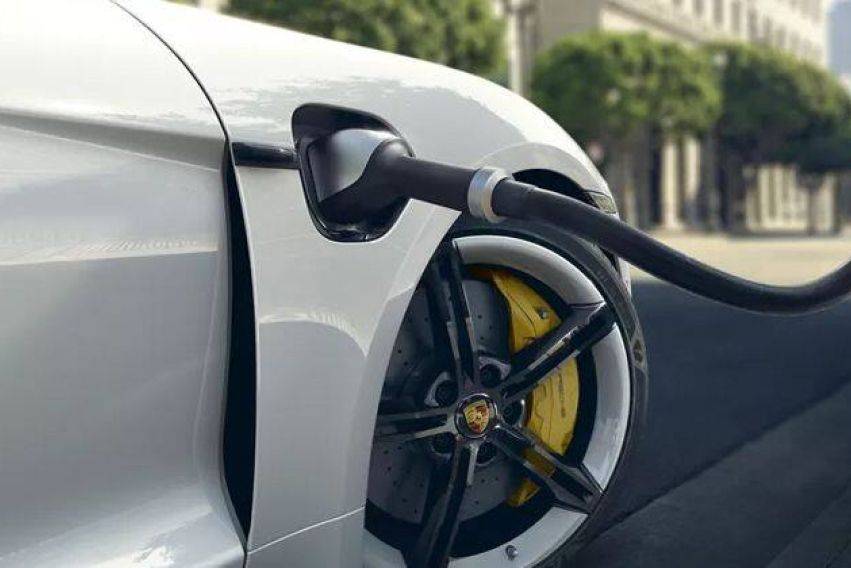
Another feature is that the power flow of the battery cuts off as soon as a defect is detected. When a crash happens, the battery gets automatically disconnected from the other high-voltage components and cables within milliseconds, which makes a sudden fire highly unlikely. Moreover, electric car batteries are slow-burning in comparison to fuel, which gives enough time for passengers to evacuate from a crash site.
Can electric cars catch fire while charging?
Electric cars are prone to catching fire in case of improper manufacturing of battery packs or avoidance of important steps to be taken care of while charging. During the recharging process, the EV is connected to the main distribution network, and thus one needs to take necessary precautions for charging. With off-board as well as on-board chargers, it is essential to connect the vehicle body to the earth while charging.
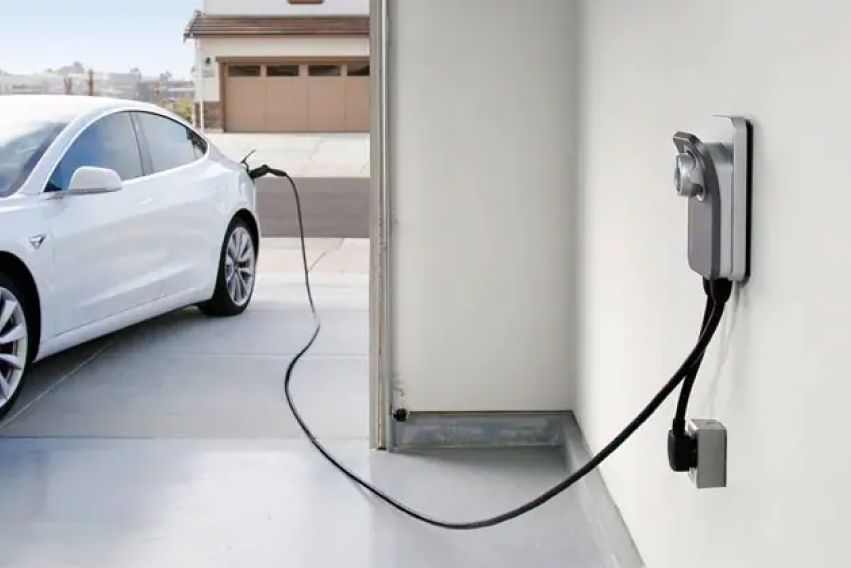
Can unauthorized persons interrupt the charging process?
No, an unauthorized person cannot interrupt the charging process as the central locking system also includes the charging cable plugged at both ends.
Are electric vehicles safe in rain?
In general terms, water and electricity make a dangerous combination. But this concept does not apply to electric vehicles. Because the charging connections of the EVs are securely packed and cannot come in contact with water in any way. However, it is advisable not to hold the charging plug for too long in the rain. If this happens by chance, you won’t get any shock, but you may not get electricity.
Can electric cars explode in flood?
The answer is no; as the electrical components of the electric cars are well-packed and thus extremely unlikely to explode or provide any hazard to the passengers or nearby standing persons.
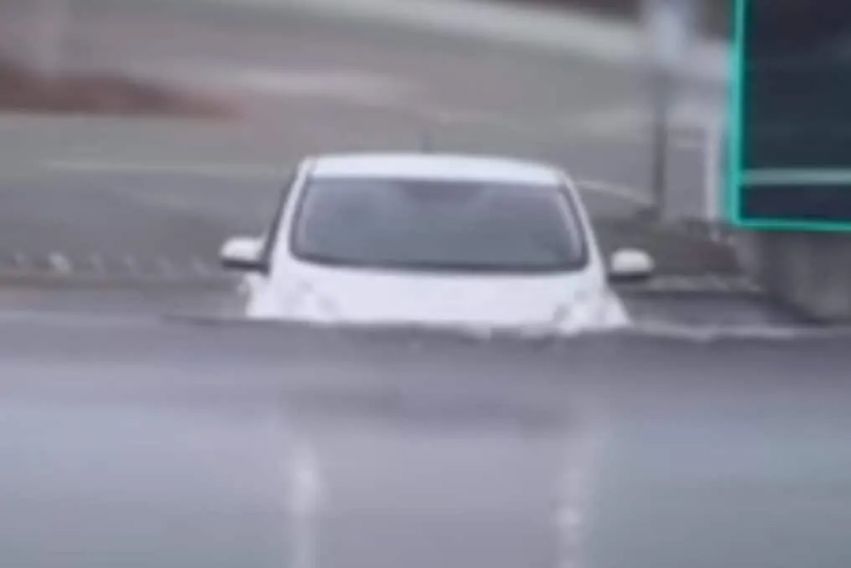
What happens when lightning strikes an electric car?
Although the probability of being struck by lightning in a moving car is very low, the Faraday cage can protect the car from million of volts of lightning. The electrical system of the EVs are completely closed. So, if lightning hits the car, the voltage generates on the surface first and then dissipated into the ground evenly.
Does high temperature affect electric cars?
The heat cannot harm your electric car thanks to advanced Battery Management Systems, which keep a check on the load on the batteries. It avoids irreparable damage that might happen above 60 °C. Although the excessive heat may increase the charging speed or reduce the top speed of the electric car.
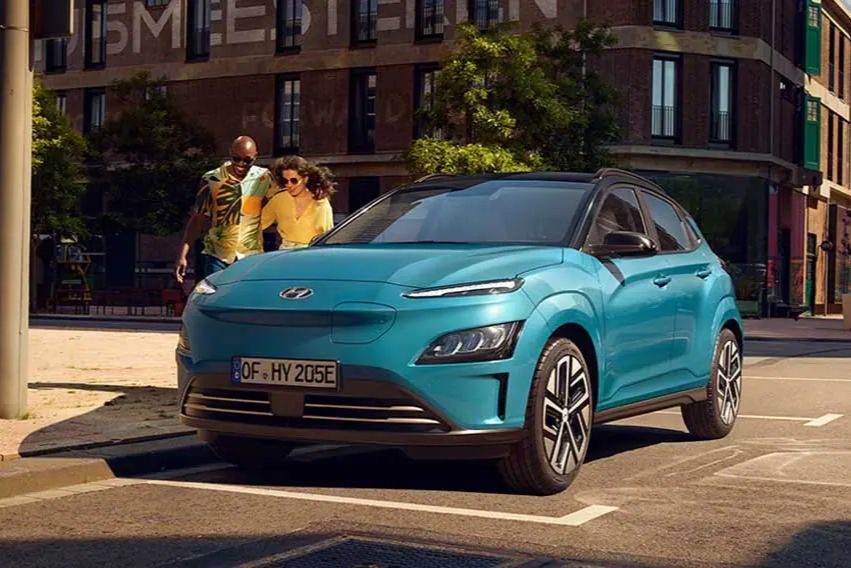
What safety features are available in electric cars?
Some of the advanced safety features available on modern electric cars are Adaptive Cruise Control, Blind-spot Monitoring with Rear Cross-Traffic Alert, Forward-Collison Warning with Emergency Braking, Lane-Departure Warning, Lane-Keeping Assist, Lane-Centering Assist, Rear Automatic Emergency Braking, 360-degree Surround Camera System, Automatic High Beams and more.
Summing up
In a nutshell, we can say that electric vehicles are safe. Although lithium-ion car batteries can catch fire, so does fuel-powered vehicles. The technology for car batteries is changing constantly as firms are trying to develop ways to reduce fire resistance, which will make electric cars safer.
Also read: 10 Best electric cars by range
Sell your car at the best price
 Verified and genuine buyers
Verified and genuine buyers
Trending & Fresh Updates
- Latest
- Popular
You might also be interested in
- News
- Featured Stories
Featured Cars
- Latest
- Upcoming
- Popular

